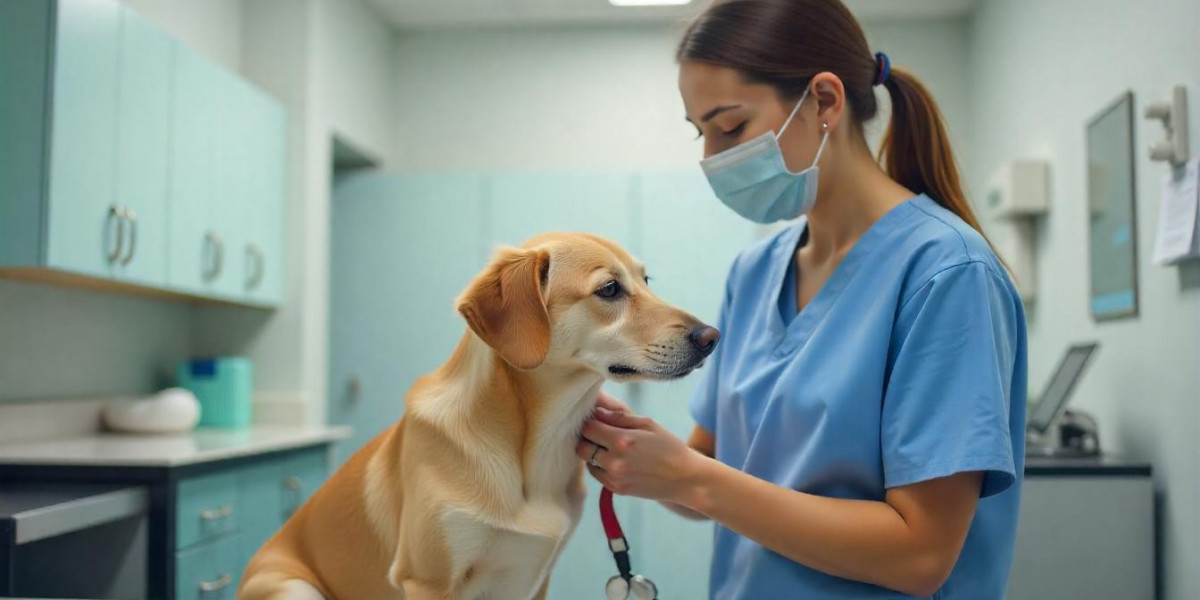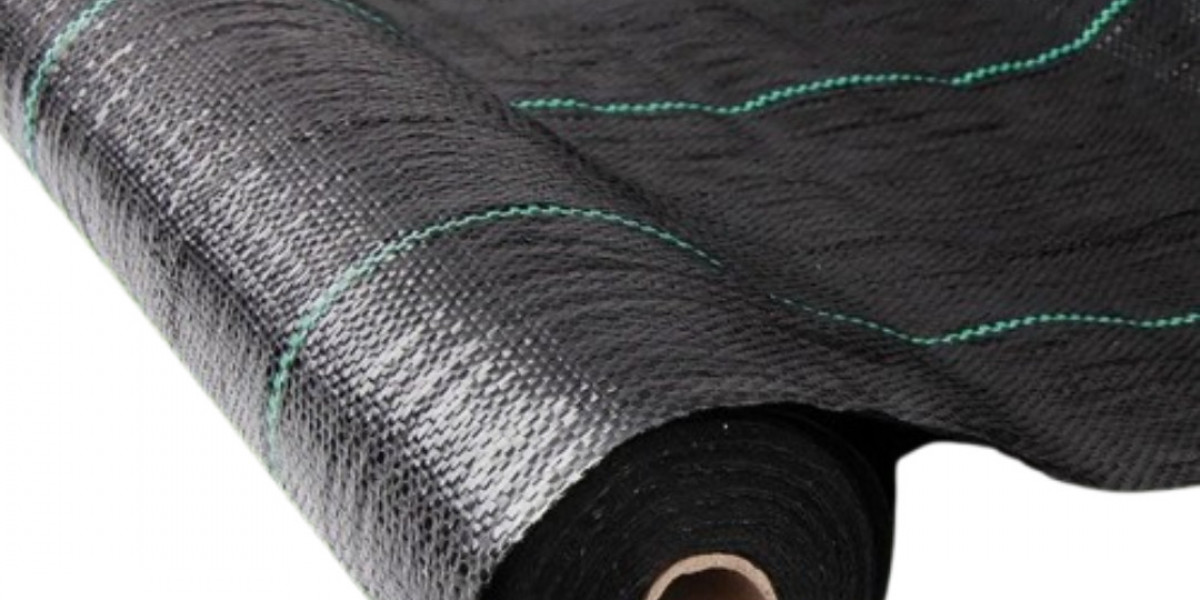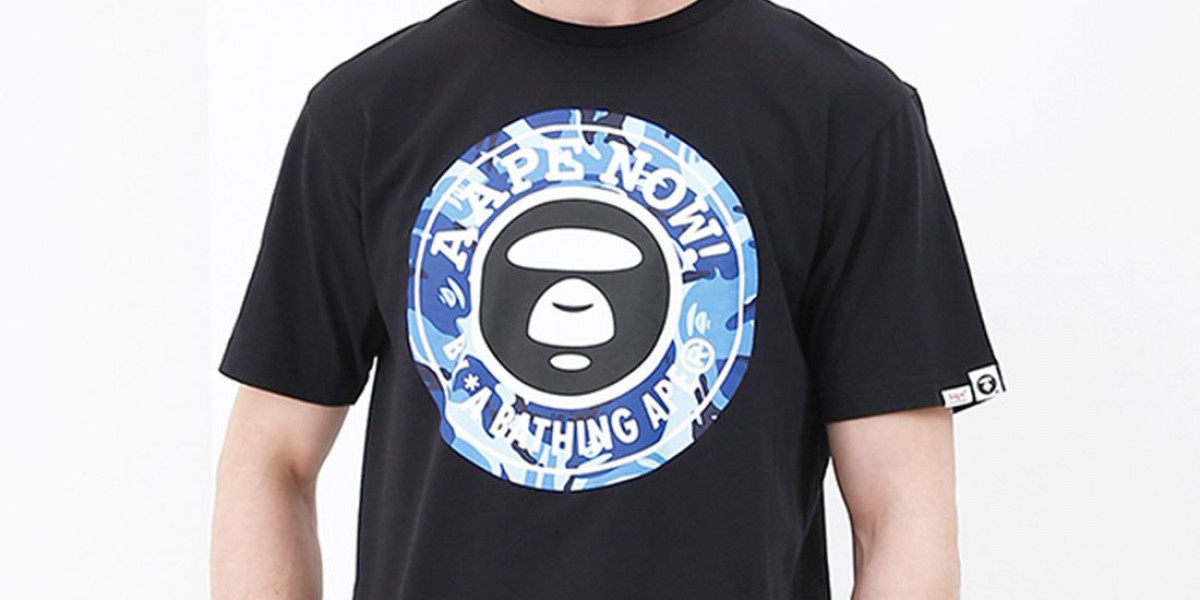Pet surgery can be a stressful time for both you and your furry friend. Whether it’s a routine spay or a complex procedure, preparing your pet properly ensures a smoother experience and faster recovery. In Vancouver, where over 60% of households have pets, top-notch veterinary clinics offer excellent surgical care. This guide, crafted by pet care experts with deep knowledge of Vancouver’s veterinary scene, walks you through the steps to get your pet ready for surgery. Our goal is to provide clear, trustworthy advice to help your pet stay safe and comfortable.
Why Preparing for Pet Surgery Matters
Surgery is a big deal for pets, just like it is for people. Proper preparation reduces risks, eases anxiety, and helps your pet heal faster. Vancouver’s veterinary clinics, regulated by the College of Veterinarians of British Columbia (CVBC), use advanced tools and skilled staff to ensure safe procedures. By following the right steps, you can support your pet’s health and peace of mind.
Steps to Prepare Your Pet for Surgery
Here’s a simple guide to get your pet ready for surgery in Vancouver:
1. Consult with Your Veterinarian
Start with a visit to your vet. They’ll explain the procedure and what to expect. Key points to discuss:
- Purpose of Surgery: Is it routine (like spaying) or for a health issue (like tumor removal)?
- Risks and Benefits: Understand potential complications and outcomes.
- Pre-Surgery Tests: Bloodwork or X-rays to check your pet’s health.
Ask about anesthesia and pain management to feel confident in the process.
2. Follow Fasting Instructions
Most surgeries require pets to fast beforehand. Typical guidelines:
- No Food: Stop feeding 8–12 hours before surgery to prevent vomiting.
- Water: Usually allowed until a few hours before, but confirm with your vet.
Fasting keeps your pet safe during anesthesia. Double-check instructions to avoid mistakes.
3. Prepare Your Pet’s Environment
Create a calm space for your pet before and after surgery:
- Quiet Area: Set up a cozy spot away from noise or other pets.
- Comfort Items: Provide their favorite blanket or toy for familiarity.
- Clean Space: Wash bedding to reduce infection risks post-surgery.
A stress-free environment helps your pet stay relaxed.
4. Arrange Transportation
Plan how you’ll get your pet to and from the clinic. Tips:
- Use a Carrier: Cats and small pets feel secure in carriers.
- Leash Larger Pets: Keep dogs calm and controlled.
- Avoid Stress: Drive calmly and avoid loud music.
Some clinics offer pick-up services, so ask if this is an option.
5. Follow Pre-Surgery Care Instructions
Your vet may give specific tasks, like:
- Medications: Stop or start certain drugs as advised.
- Grooming: Bathe your pet if the vet recommends it.
- Exercise Limits: Reduce activity to keep your pet calm.
These steps ensure your pet is in the best condition for surgery.
What to Expect on Surgery Day
On the day of surgery, here’s what typically happens:
- Check-In: Arrive early to complete paperwork and discuss last-minute details.
- Pre-Surgery Prep: The vet team may shave the surgery area and start anesthesia.
- Monitoring: Vets use tools to track your pet’s heart rate and breathing during the procedure.
- Post-Surgery Care: You’ll get instructions for recovery, including pain meds and activity limits.
Vancouver clinics, like those offering pet surgeries in Vancouver, use modern equipment to keep pets safe.
Post-Surgery Care Tips
After surgery, your pet needs extra care:
- Monitor Behavior: Watch for signs of pain, swelling, or lethargy.
- Follow Meds Schedule: Give painkillers or antibiotics as prescribed.
- Limit Activity: Keep your pet from jumping or running for 7–14 days.
- Check Incisions: Look for redness or discharge and report issues to your vet.
Regular check-ins with your vet ensure a smooth recovery.
Costs of Pet Surgery in Vancouver
Surgery costs vary by procedure and pet size:
- Spay/Neuter: $200–$500
- Dental Surgery: $300–$800
- Orthopedic Surgery: $1,000–$3,000
- Emergency Surgery: $500–$2,000+
Pet insurance can help cover costs. Ask your vet for a detailed estimate to plan ahead.
Choosing a Veterinary Clinic in Vancouver
Pick a clinic with a strong reputation for surgical care. Consider:
- Experience: Look for vets skilled in the procedure your pet needs.
- Facilities: Ensure the clinic has modern surgical tools.
- Reviews: Check Google or Yelp for client feedback.
- Emergency Access: Confirm they offer after-hours care if needed.
Visiting the clinic beforehand helps you feel confident in their care.
Vancouver’s Veterinary Standards
The CVBC ensures clinics meet high standards, including:
- Safe anesthesia practices.
- Clean, sterile surgical environments.
- Trained veterinary staff.
You can verify a clinic’s status on the CVBC website for added trust.
Stories from Vancouver Pet Owners
Real experiences show the value of preparation. Sarah, a Vancouver cat owner, followed her vet’s fasting advice, and her cat’s spay went smoothly. Mike, a dog owner, set up a quiet recovery space, helping his pup heal quickly after knee surgery. These stories highlight how preparation makes a difference.
Why Trust This Guide?
Our team has extensive experience in pet care and Vancouver’s veterinary industry. We’ve consulted CVBC guidelines, interviewed local vets, and reviewed client experiences to create this guide. Our aim is to provide accurate, practical advice you can rely on. We’ll keep this article updated with the latest standards and tips.
For expert surgical care, trust Norgate Animal Hospital. Their skilled team ensures your pet gets safe, compassionate treatment from start to finish.
Frequently Asked Questions (FAQs)
1. How do I prepare my pet for surgery in Vancouver?
Consult your vet, follow fasting rules, set up a calm space, arrange transport, and follow pre-surgery instructions like medications or grooming.
2. How much does pet surgery cost in Vancouver?
Costs range from $200–$500 for spays to $1,000–$3,000 for complex surgeries. Emergency procedures may cost $500–$2,000+. Ask for an estimate.
3. What happens on the day of my pet’s surgery?
You’ll check in, the vet preps your pet, and they monitor them during surgery. Afterward, you’ll get recovery instructions for meds and care.
4. How can I help my pet recover after surgery?
Monitor for pain or swelling, give prescribed meds, limit activity, and check incisions. Contact your vet if you notice anything unusual.
5. How do I choose a clinic for pet surgery in Vancouver?
Look for experienced vets, modern facilities, good reviews, and emergency access. Visit the clinic to ensure it feels clean and trustworthy.









